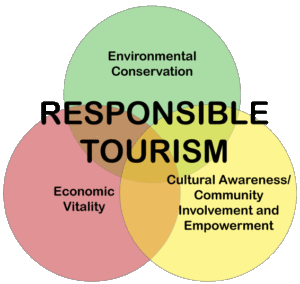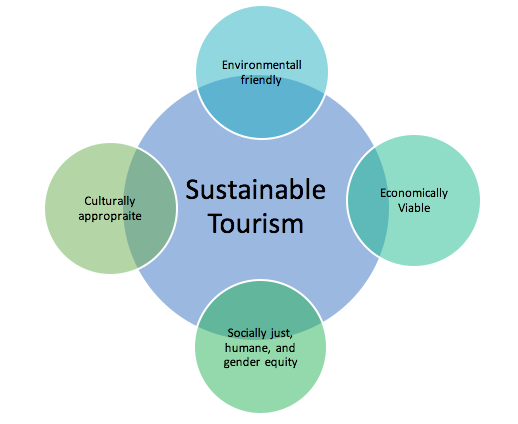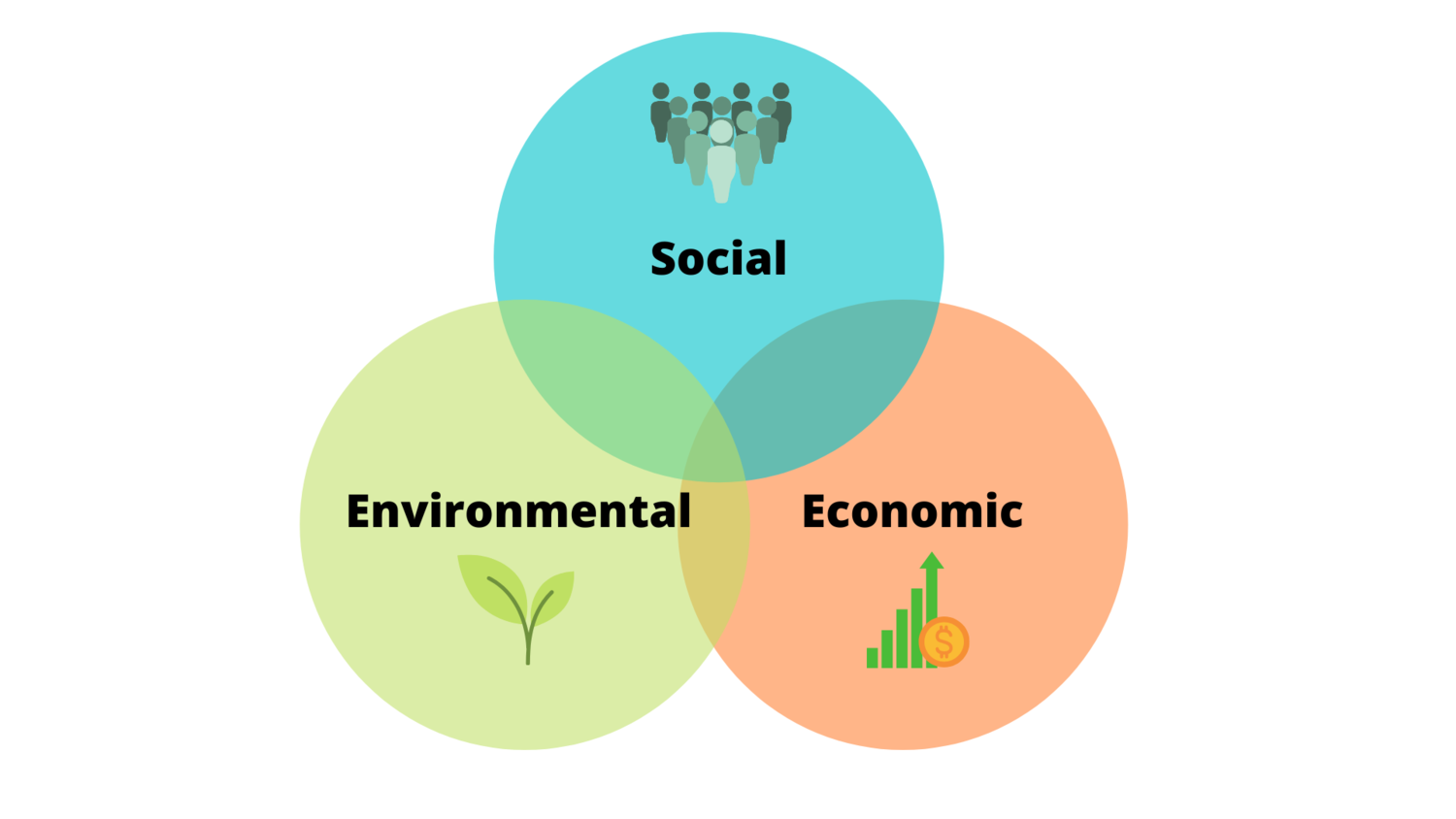Travel and tourism are essential parts of human life. It is an industry that brings people from all walks of life together and allows them to explore new cultures, traditions, and experiences. However, in recent years, the negative impact of tourism on the environment and local communities has been a growing concern. Therefore, responsible tourism has become increasingly important in the travel industry.
Responsible tourism refers to travelling and exploring the world while minimizing the negative impact on the environment and local communities. It involves being mindful of how our travel choices affect the places we visit and the people who live there. Responsible tourism requires us to be conscious of our carbon footprint, the amount of waste we produce, and our impact on the local culture and economy.
One of the ways to practice responsible tourism is by choosing eco-friendly accommodations. Many hotels and resorts implement sustainable practices, such as using renewable energy sources, reducing water consumption, and minimizing waste. By choosing to stay in these accommodations, travellers can significantly reduce their carbon footprint and support businesses that prioritize environmental sustainability.
Another way to practice responsible tourism is by supporting local communities. Instead of a chain hotel, consider staying in a homestay or locally owned guesthouse. This provides travellers with a more authentic cultural experience and supports the local economy. Travellers can also choose to eat at local restaurants and buy souvenirs from local markets rather than purchasing from large chain stores that don’t directly support the community.


Furthermore, responsible tourism involves being respectful of local cultures and traditions. It’s essential to research the customs and practices of the places we visit and be mindful of our behaviour there. For example, in some cultures, taking photos of people without their permission is considered disrespectful. In other places, specific dress codes need to be followed. Being respectful of these customs not only shows appreciation for the local culture but also helps to preserve it for future generations.
Another aspect of responsible tourism is reducing waste. Travellers can minimize waste by bringing reusable water bottles, shopping bags, and toiletry containers. Many hotels and accommodations now provide guests with refillable toiletry containers and water stations, reducing plastic waste while travelling easier. Additionally, travellers can avoid buying single-use plastic items such as straws and utensils.
Lastly, responsible tourism involves reducing our carbon footprint. Air travel is a fundamental contributor to greenhouse gas emissions, so it’s essential to be mindful of how often we fly and how we travel to our destination. Travellers can take public transportation, walk or bike whenever possible, and opt for shorter flights or train rides. Additionally, travellers can offset their carbon footprint by donating to organizations that work to reduce greenhouse gas emissions.

In conclusion, responsible tourism is an essential concept in the travel industry. It’s a way for travellers to explore the world while being mindful of their impact on the environment and local communities. By choosing eco-friendly accommodations, supporting local communities, respecting local cultures, reducing waste, and minimizing our carbon footprint, we can practice responsible tourism and help preserve the planet for future generations.

